Anxious Attachment Doesn’t Like Eye Contact
It wants to be seen. But only if it’s safe.
Anxious attachment is more than just a buzzword, it's a lived experience that affects countless women worldwide. It's the subtle tension in your chest when a message goes unanswered, the overanalysis of a partner's tone, and the constant need for reassurance. Studies indicate that women are more likely to exhibit higher levels of attachment anxiety compared to men . Yes, no wonder why.
Understanding Anxious Attachment
Anxious-preoccupied attachment is characterized by a deep desire for closeness coupled with a fear of abandonment. Individuals with this attachment style often have a negative self-view and a positive view of others, leading to dependency and heightened sensitivity to relationship dynamics .
The Nervous System Connection
Our attachment styles are deeply intertwined with our nervous system responses. When we perceive a threat to our relationships, our body reacts. The polyvagal theory suggests that our vagus nerve plays a crucial role in regulating our emotional responses and social engagement .
In anxious attachment, the nervous system is often in a heightened state of alert, making it challenging to feel secure even in stable relationships.
The Impact on Sleep and Well-being
Anxious attachment doesn't just affect our relationships; it impacts our overall well-being. Research has shown that women with high levels of attachment anxiety experience reduced deep sleep stages, which are essential for restorative rest .
This lack of quality sleep can lead to a cascade of health issues, including increased stress, impaired cognitive function, and heightened emotional reactivity.
Healing Through Awareness and Regulation
Awareness is the first step toward healing. Recognizing the patterns of anxious attachment allows us to address them consciously. Therapeutic approaches that focus on nervous system regulation, such as trauma-informed yoga and mindfulness practices, have shown promise in helping individuals develop a greater sense of safety and self-regulation .
Retreats that emphasize nervous system healing, rather than solely focusing on spiritual or ritualistic practices, provide structured environments where individuals can reconnect with their bodies and emotions in a safe space.
Anxious attachment is a complex interplay between our emotional needs and physiological responses. By understanding its roots and impacts, we can take proactive steps toward healing. Embracing practices that promote nervous system regulation and self-awareness can pave the way for more secure attachments and a deeper sense of inner peace.
Sources:

